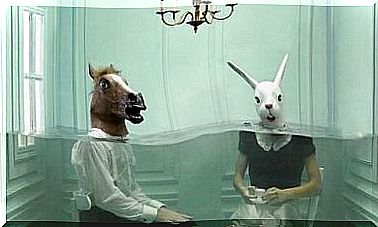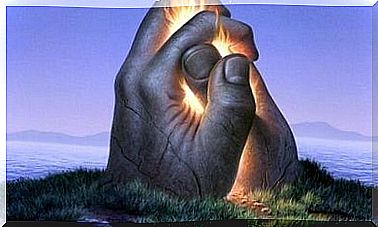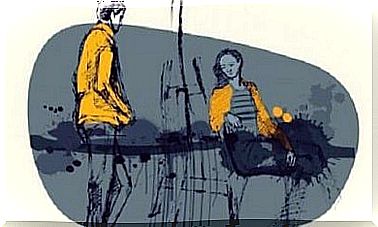Closed For Mental Vacation

Many of us want a few days off from all the worries and schedules so we can relax and let go of all that built-up stress. On these days we prefer to do nothing. And so we put off certain tasks and certain important decisions about the future so that we can be “in complete tranquility” on those magical vacation days.
But we should realize that real vacations aren’t about days when we don’t have to do anything. These are simply days when we don’t have to work, but this doesn’t mean they are ‘stress free’. Real holidays are mental. Plus, some people can’t even take a break. For these people, vacation days are just a ‘calmer form of stress’.
The true way to rest is not just vacation days. Rest should be part of our daily life. If we are aware of how our mind works, we can avoid excessive fatigue. We often experience stress because we worry too much about small things or because we keep ruminating on problems.
With the aim of helping you unwind, we’ll give you some guidelines that will help you achieve those mental vacations you want and keep your days off from being filled with worries. We will also tell you how you can integrate this way of relaxing into your daily routine.
Mental holidays: what are they and how do we achieve them?
You don’t have to ask your boss for days off, your parents for permission or your friends or partner for their opinion. Mental vacations can happen anytime, anywhere, as long as you want it. Most importantly, adopt certain mental and behavioral habits. These soften the discomfort we experience as a result of certain thoughts and make these thoughts less likely to occur to us.
Here are some strategies to make sure you can better control your thoughts.
Take a moment of meditation every day
Meditation is not just a technique for achieving tranquility. Several studies have shown that it is an extremely effective anti-anxiety drug. So the calming effect of meditation is not just a placebo effect. In fact, through meditation we can achieve true mental relaxation.
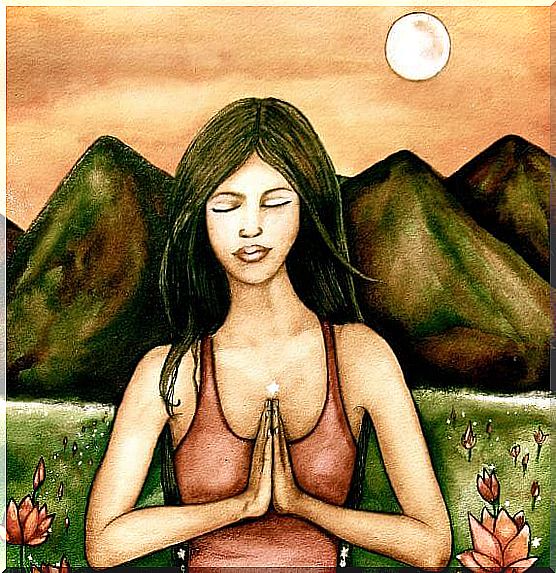
The purpose of meditation is not to clear your mind, but to become fully aware of your breathing, thoughts and emotions. Practicing meditation and doing it at least once a day will significantly reduce your discomfort.
Recognize that some thoughts have no solution
To be happy, we have to make decisions, they say. Decisions shape our present and discreetly shape our future. Avoiding decisions or leaving it to other people to decide for us is generally not a good idea. But as with anything, decisions have their time.
Obviously, we can’t just switch or turn off our thoughts. Our beautiful processor is always with us, whether we are at work, at home or outside on our daily walk. However, we can train our minds to postpone decisions until the time is right.
Just as we can focus our attention on objects, sounds or tastes, we can also direct our mental attention in a certain direction. Getting this under control is not easy. No one can show it to us and in general we are so clumsy at it that we cannot experience its benefits.
Another thing that we should become skillful at is ranking decisions. There are decisions that we’ve already made, but we still keep thinking about it, like it’s gum that we keep chewing. There are other decisions that were never really problematic (these decisions are rather hypothetical). Then there are decisions that require professional help. And finally, there are the decisions we have to make, whether they are easy or difficult. Making all these kinds of decisions requires that our mental way of acting is clear.
If you don’t have the money to move, for example, don’t waste your time thinking about it. Think less. Save your mental strength for when you need to make a really important decision. See which aspects deserve your attention and check this, learn to deal with the uncertainty that some thoughts contain.
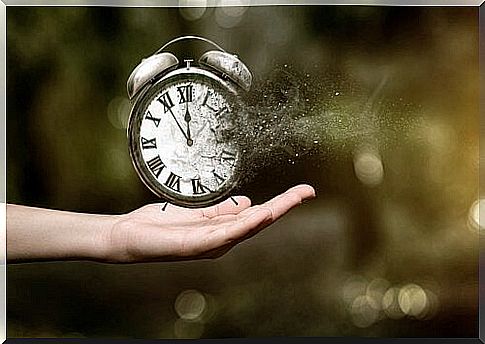
If you’ve decided to commit yourself to something, don’t analyze everything from a thousand different angles. Everything has its pros and cons. Make a list and if you can list more positives than negatives, make a decision as soon as you can. We don’t need to act impulsively, but we don’t need to prolong making a decision unnecessarily either.
Start walking
Walking is an energetic activity. Your thoughts are flowing and they seem to be flowing at the same pace as your mind. It’s like giving them a compass, a rhythm through your movements, which they really like. Movement can also be accompanied by a good conversation with a close friend, painting or any other form of creative expression, such as handicrafts.
Be aware of the relationship between body and mind. Make use of this. Don’t just be aware of your body when it protests. Do not forget that it is a great tool that is in direct contact with the mind.

Check incentives
It’s like walking all day through streets filled with people. Just like the day before Christmas in the shopping streets. Walking makes you tired, you see everything but at the same time nothing and there are a lot of stimuli that flood your mind. It is very possible that your mind will continue to walk down this street for days to come. In addition, it is very possible that when your mind tries to escape for a moment, you quickly grab it because you feel that you cannot miss anything that is happening around you.
It may be an obligation or socially expected of us, but your mind goes from one place to another followed by a lot of noise that can’t be turned off. Stop, lie down and close your eyes. Get in the habit of escaping once in a while, pick the moments and don’t let yourself be taken over and dragged from one place to another just because of the need. Don’t let necessity do what it normally does, with all that entails, for it seems we only see what this does to us when, unfortunately, it has already become a problem for us.

